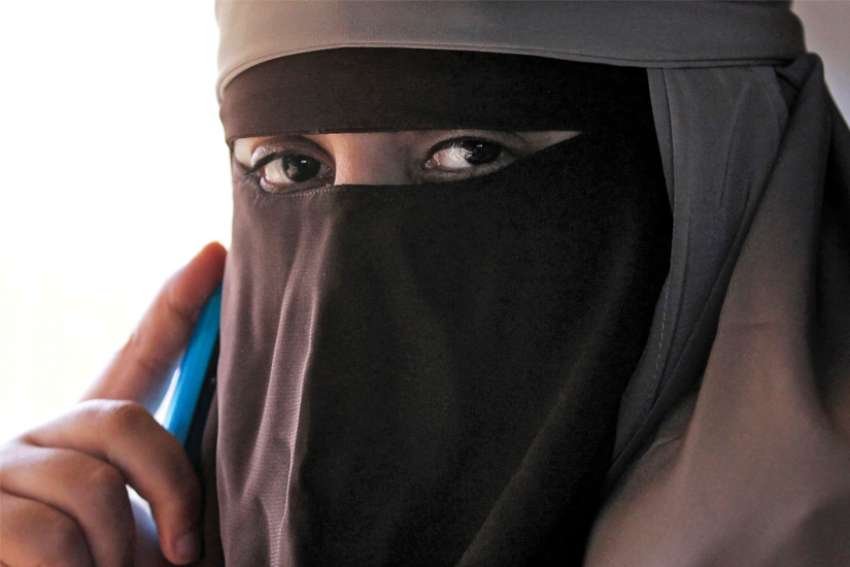In my last column I wrote about how various sectors of society are turning more anti-religious. And this campaign that just passed sadly confirmed my point.
It was not what any of the leaders said, but rather what they did not say.
It started with a question by moderator Shachi Kurl, president of the Angus Reid Institute. It was addressed to Bloc Quebecois leader Yves-François Blanchet. It concerned Bill 21. In short, the bill prevents those Quebecers who have positions of authority in the province — teachers, police officers, judges, lawyers working in public services, etc. — from wearing religious garb or symbols while working. That means no turbans, yarmulkes and other head coverings and crucifixes.
For those who wear those things, it is not for fashion purposes but a declaration of their faith — their religion. (Bill 96, which promotes the French language, also came up but since this is a column about religion I am going to leave that aside.)
Bill 21 also prevents face coverings such as the niqab. But also the hijab that only covers the face. I will get back to this.
The law, passed in 2019, allowed those already in such positions to keep their religious garb or symbols but not for anyone hired after the law was enacted.
So to the question asked of Blanchet by Kurl:
“You deny that Quebec has problems with racism yet you defend legislation such as bills 96 and 21, which marginalize religious minorities, anglophones and allophones. Quebec is recognized as a distinct society, but for those outside the province, please help them understand why your party also supports these discriminatory laws.”
Blanchet was clearly upset with the question: He said: “Those laws are not about discrimination. They are about the values of Quebec.”
They are legitimate laws, he added.
What kind of values prevent a man with a turban, for example, getting a job as a teacher?
NDP Leader Jagmeet Singh, who should be outraged at Bill 21 since he would be refused certain jobs in Quebec because he wears a turban, said no province should be accused of racism.
Trudeau, of course, was shocked by the offensive question though in fairness he objected to Bill 21 when it was first proposed.
Face it, no leader wanted to alienate Quebec voters simply to stand on principle. That would take courage.
Bill 21 is discriminatory. How else would one describe it? Quebecers may live in a distinct society, a nation if you will, but they are still citizens of Canada and should be protected by our Constitution.
But the media outrage for the most part was not about the unfairness of Bill 21 but about Kurl’s question.
Benoit Pelletier, Faculty of Law, University of Ottawa, wrote on CTV’s website that the question was “a twisted, insipid question, full of dubious amalgams, inaccuracies and imprecision. It is shameful that the media consortium that organized this debate did not dissociate itself from this affront to all Quebecers.”
I am not sure what was inaccurate, but then again I am not a law professor. However, what is shameful is that such a law exists. How the professor does not see that I do not know.
Kurl said what should have been said all along. She spoke the truth and our political leaders shrank.
One final point. I suspect that Bill 21 was in part a result of the face coverings worn by some Muslim women. It was a way of banning that without seeming to pick on those who follow Islam.
I have always found this issue difficult. Quebec could have simply said if you cover your face you cannot work in certain sectors. You cannot be a judge or a police officer with a covered face.
But what could possibly be the problem with just a head covering like the hijab … or wearing a skull cap or wearing a cross?
Plenty if you happen to live in Quebec. But what leader was going to say that? That would have taken courage.
(Lewis is a Toronto writer and regular contributor to The Register.)


